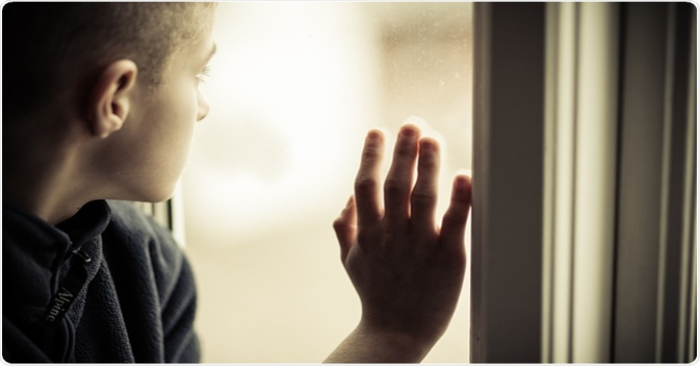COVID-19 in children: When caring for children with COVID-infected home isolation

Covid 19 Asymptomatic Children Treatment: In the second wave of the Kovid epidemic, many children are affected by Covid-19. Concerns are being raised among parents about how to care for children who may be home isolated due to illness.
In this context, the Ministry of Health has issued some guidelines. It includes guidelines for understanding the severity of the disease and what treatment should be given.
Children with covid infection, but with no symptoms or mild symptoms, are treated at home with isolation.
Asymptomatic children
According to the Ministry of Health, the diagnosis is usually made by someone in the family who has been diagnosed with the disease. Such asymptomatic children may need treatment if they develop symptoms later. Further treatment may be needed depending on the severity of the symptoms.
Children with mild symptoms
Children with mild symptoms may have symptoms such as sore throat, cough, and runny nose. But they do not have difficulty breathing. Some children may also have gastrointestinal problems.
Treatment for children with mild symptoms
Paracetamol 10-15 mg / kg / dose in case of fever. The drug can be given at intervals of four to six hours.
If you have a cough, adult children can gargle with hot saltwater.
Ensure hydration and nutrition.
None of the guidelines mention antibiotics
The guidelines state that there is no need for drugs such as hydroxychloroquine, favipiravir, ivarmectin, lopinavir / ritonavir, remdesivir and umifenovir at this stage.
The guidelines also state that immunosuppressive methods, including tocilizumab, interferon B1A, convalescent plasma infusion, or dexamethasone, should not be used in this case.
The caregiver of the child should record the child’s health condition. The baby’s respiratory status should be checked two or three times a day. This should be checked when the child is not crying or talking.
Things like tingling in the chest, blueness in the body, and cooling of the body parts should be noted if noticed.
Here's how to treat mild #COVID19 cases in children at home. Take a look! #IndiaFightsCorona pic.twitter.com/j3Vxa2IY9b
— MyGovIndia (@mygovindia) May 13, 2021
Urine and oxygen levels should be checked with a pulse oximeter. Monitor how much water or other fluids you drink and how often you run or engage in other activities.
In addition, the doctor should be consulted regularly.






